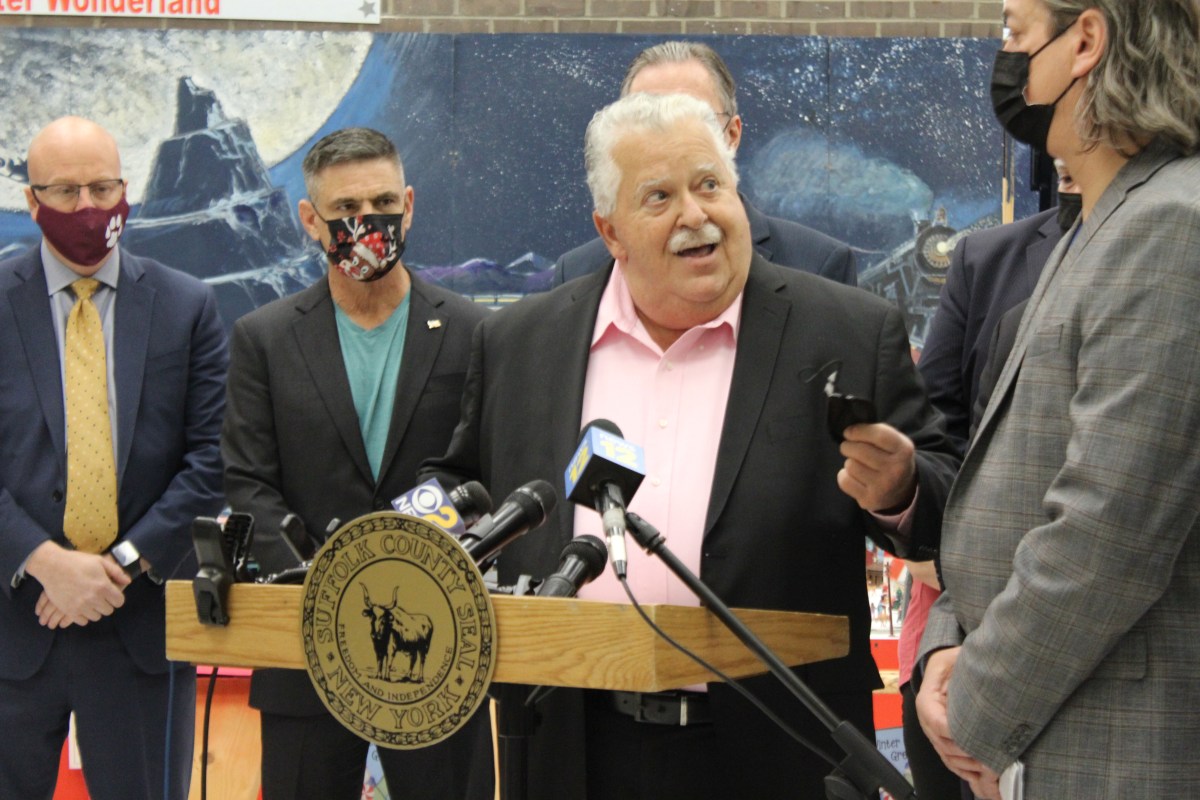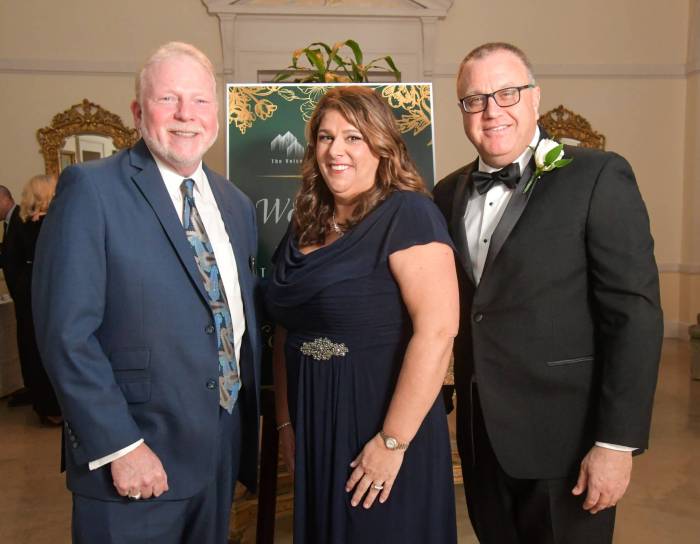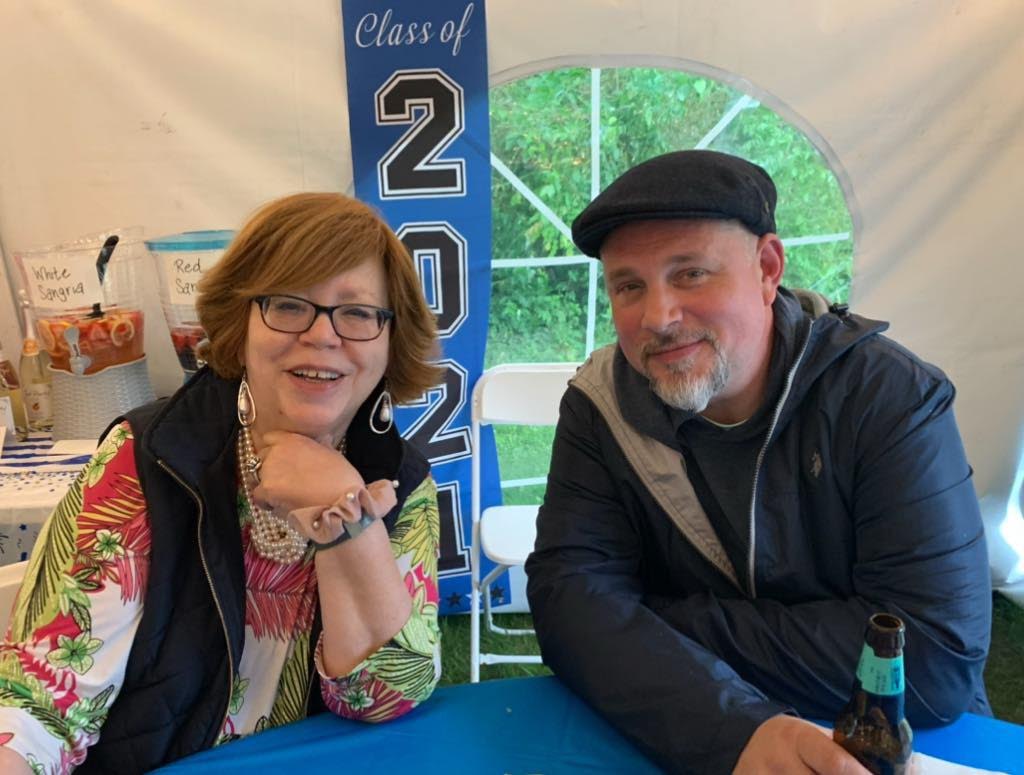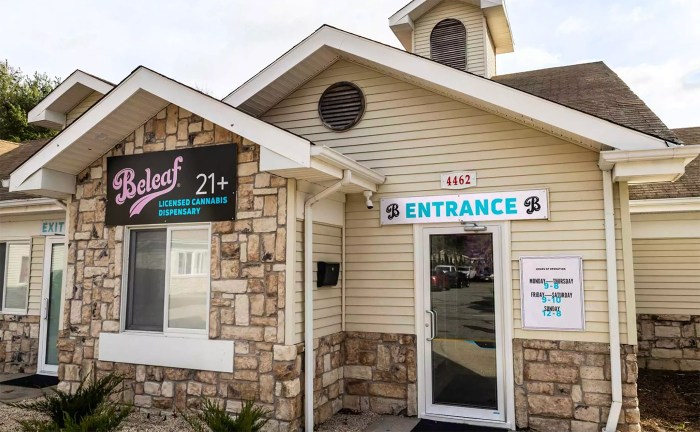It will come as no surprise that this year’s greatest challenges have been inflation-related, as well as persistent new hiring and staff retention difficulties. Like many in the nonprofit industry, specifically in our sector, RISE Life Services operates on a fixed budget, primarily funded by the State of New York. Amidst the looming recession and widely felt financial strain across the economy, our most significant concern is reductions in our budgetary allotment from the state.
RISE Life Services provides vital services to those with developmental disabilities, autism spectrum disorder, as well as mental health, substance abuse, and supplemental nutrition services. The positions held by our outstanding workforce are equally intensive as they are physically tolling. To fill openings and retain those currently in positions, in fact, RISE Life Services, and others like us, are in desperate need of an increase in budget for salaries and wages. State officials recognized this in 2022 and provided us with a measurable cost of living increase in the budget, but inflation has, essentially, wiped away the gains.
Our workforce is made up of essential employees, largely middle class who are feeling the pinch of inflation the most. Their salary levels are lower than other essential employees in the state. New York State needs to afford these individuals, who provide life-changing and oft life-saving services, a livable $20 per-hour wage.
An agency like ours is a nonprofit, yes, but must be run like a business. Along with my fellow administrators at RISE Life Services, we have taken a strategic approach to plan for the future. We have been critical when needed, proactively changing our practices to adjust to the ever-changing needs of our consumers. When you are not adapting, you are declining, which is why RISE always remains open to change and open to evolution, with the goal of providing the best services to the vulnerable population we serve.
Moving forward, our sector needs more cohesion, when possible. There are many service providers in our region, and given skyrocketing costs, I have been advocating for service sharing. While I understand the need for protections for consumers and our workforce, certain regulations in the state stifle innovation.
Nonprofits do tremendously challenging work, and each of us has our strengths. Collaboration with others in our industry is a key to sustainability. We must recognize each other, what our strengths and weaknesses are, and how each of us can work together to create a symbiotic ecosystem of service providers.
It is also critical that as industries change, the regulatory agencies and lawmakers take note, which is one of the many reasons I have been an advocate for our organization and our sector at-large. This means streamlining funding, like the New York State Pass-Through Funds through one source, be it OPWDD, OMH, or another. I also believe managed care is the wrong direction for New York. Agencies in this field need to be carved out, should New York State move in this direction.
Finally, we have various funding streams, with different methodologies, and it creates a financial burden. Having a singular, more predictable, and consistent funding stream will allow agencies like ours to operate more effectively, the way any other business would. By affording agencies like RISE the ability to operate like a business, it is possible for them to be revenue-producing and more self-sufficient. This may be an out-of-the-box thought, but it is our duty as service providers and nonprofit organizations to continue to advance our industry, for the benefit of the individuals we serve.
Charles Evdos is executive director of Riverhead-based RISE Life Services.





























